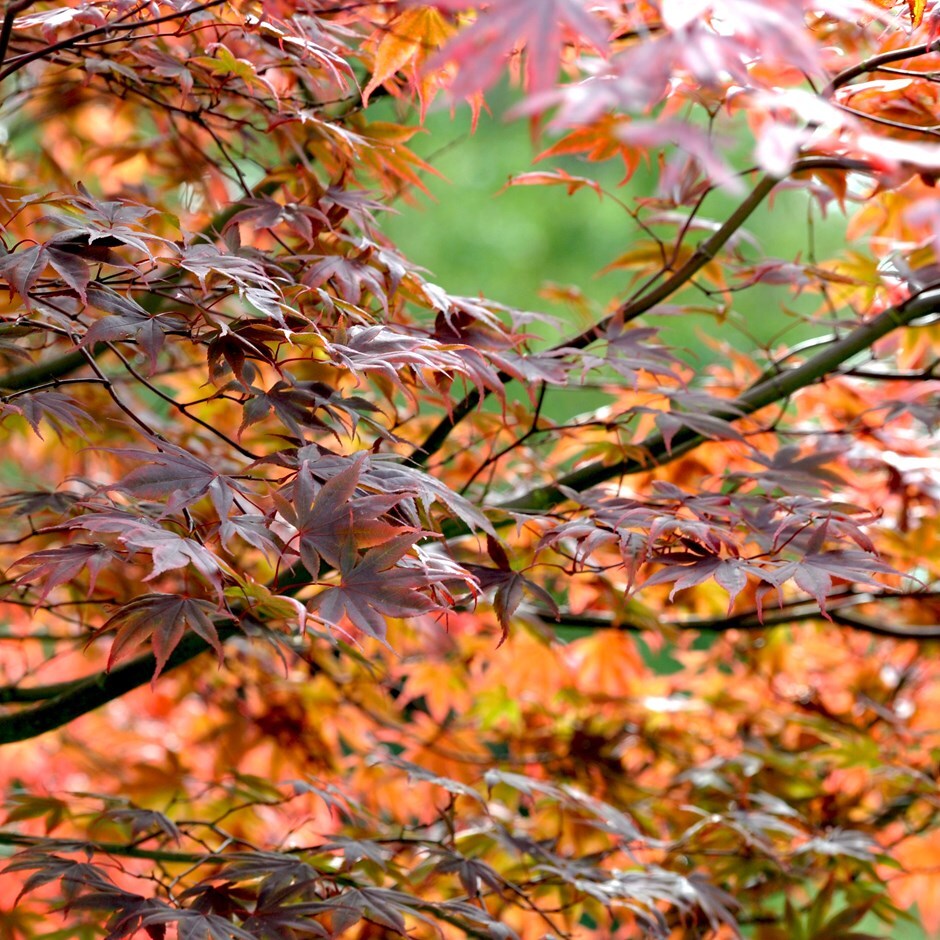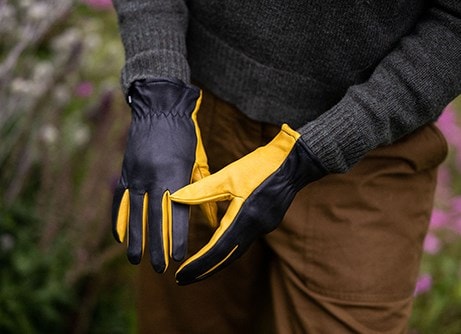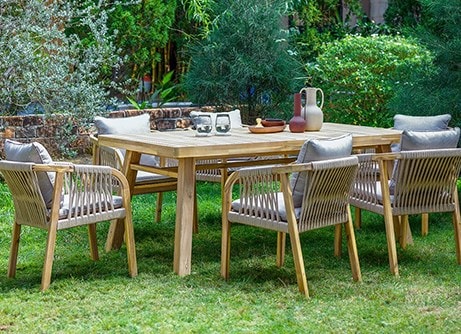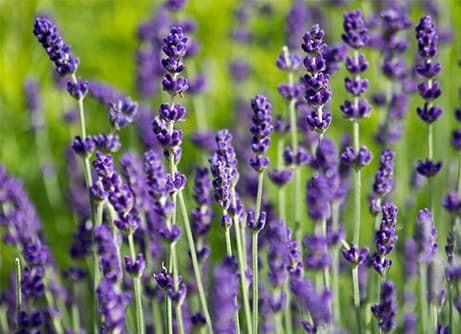
An elegant small deciduous tree, with deeply lobed dark purple-red leaves that turn fiery red in autumn and tiny purple flowers in spring. This neat, slow-growing acer has an open habit, and looks dramatic silhouetted next to buildings, as a focal point in a small courtyard, or in a Japanese-style garden.
Acer palmatum 'Atropurpureum' needs a sheltered spot, away from strong winds or all-day sunshine. It also looks good in a container. The leaves may be greener if they do not receive sufficient light.
Acer palmatum 'Atropurpureum' needs a sheltered spot, away from strong winds or all-day sunshine. It also looks good in a container. The leaves may be greener if they do not receive sufficient light.
How to care for Acer palmatum Atropurpureum:
Japanese maples thrive in sheltered positions with dappled shade, though many cultivars can tolerate full sun if given enough moisture. In exposed areas, protect young trees from strong winds, which can dry out and damage delicate foliage.
Plant in well-drained, acidic to neutral soil that is rich in organic matter, avoiding waterlogged or chalky conditions. When planting, ensure the root ball sits at the same level as it was in its nursery container, and water thoroughly to help establish strong roots. A layer of mulch, such as leaf mould or bark, will help retain moisture and suppress weeds but keep it clear of the trunk to prevent rot.
During dry spells, water young trees regularly, especially in their first few years. Even mature Japanese maples benefit from deep watering in hot weather to prevent leaf scorch.
A top-dressing of a multi-purpose fertiliser in late spring supports healthy growth, but avoid excessive feeding, as too much nitrogen can lead to soft, leggy growth that is more susceptible to damage.
These trees require little routine pruning. Simply remove any dead, damaged, or crossing branches in late autumn or winter while the tree is dormant. Avoid heavy pruning, as Japanese maples have a naturally graceful form that is best left unspoiled. If shaping is necessary, make minor adjustments in midsummer to minimise sap bleeding.
Container-grown specimens need extra care, including more frequent watering and, if not going up in pot size, occasional root pruning (late winter to early spring) to prevent becoming pot-bound. Mix ericaceous compost into the soil when planting, or add to loam based compost if planting in containers.
Plant in well-drained, acidic to neutral soil that is rich in organic matter, avoiding waterlogged or chalky conditions. When planting, ensure the root ball sits at the same level as it was in its nursery container, and water thoroughly to help establish strong roots. A layer of mulch, such as leaf mould or bark, will help retain moisture and suppress weeds but keep it clear of the trunk to prevent rot.
During dry spells, water young trees regularly, especially in their first few years. Even mature Japanese maples benefit from deep watering in hot weather to prevent leaf scorch.
A top-dressing of a multi-purpose fertiliser in late spring supports healthy growth, but avoid excessive feeding, as too much nitrogen can lead to soft, leggy growth that is more susceptible to damage.
These trees require little routine pruning. Simply remove any dead, damaged, or crossing branches in late autumn or winter while the tree is dormant. Avoid heavy pruning, as Japanese maples have a naturally graceful form that is best left unspoiled. If shaping is necessary, make minor adjustments in midsummer to minimise sap bleeding.
Container-grown specimens need extra care, including more frequent watering and, if not going up in pot size, occasional root pruning (late winter to early spring) to prevent becoming pot-bound. Mix ericaceous compost into the soil when planting, or add to loam based compost if planting in containers.
Eventual height:
6m
Eventual spread:
5m
Position:
Light shade
Rate of growth:
Slow growing
Soil:
Moderately fertile, moist, well-drained soil
Hardiness:
Fully hardy
-
This shrub is deciduous so it will lose all its leaves in autumn, then fresh new foliage appears again each spring.
Product options
Add to basket
Delivery options (pick your preferred option at checkout)
Goes well with
Dryopteris erythrosora
buckler fern
From £7.99
View options
| 2 litre pot | £15.19 |
|
| 3 × 2 litre pots | £35.99 |
|
| 9cm pot | £7.99 |
|
| 3 × 9cm pots | £15.83 |
|
View details
Liriope muscari
big blue lily-turf
From £10.39
View options
| 2 litre pot | £15.19 |
|
| 3 × 2 litre pots | £39.99 |
|
| 9cm pot | £10.39 |
|
| 3 × 9cm pots | £15.96 |
|
View details









